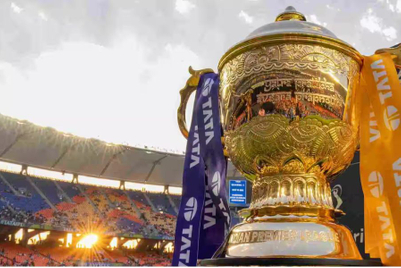
More than two decades ago, I first heard the phrase ‘share of throat' in the context of Coca-Cola India's plans to introduce drinks other than carbonated beverages.
Coca-Cola no longer defined the competition as others in the carbonated drinks business; they saw any non-alcoholic liquid consumed as competition. So water was competition, milk was competition, coffee and tea were competition, and so on.
Coca-Cola (and Pepsi) have, assiduously, been competing in the bottled water market, the juice market, the coffee and tea market, increasing their ‘share of throat'.
The increase in share increases their long-term viability, increases their turnover and their profits. In hindsight, redefining the competition was such an obvious thing to do.
Yet, in the media space, media products tend to see their competition in much narrower terms. So Autocar India sees only Overdrive, Top Gear and other titles of that ilk as competition; Man's World sees only GQ India as competition; the business titles only see other business titles as competition.
It's time to redefine the competition to something along the lines of ‘share of total audience'.
In today's context, those who are hungry for information, comment and analysis do not limit their searches to a single medium. A consumer seeking information on the Indian auto industry could choose from the print titles available, or the television shows that focus on cars, websites and blogs.
Similarly, a general entertainment channel competes with all the channels that could attract the consumer's attention at a particular time. Add to that other entertainment options such as entertainment-focused websites and portals, movies, eating out, and dining out and that is the competition.
While individual media products are defining their competition narrowly, the media houses themselves are not. Though the likes of Network18, Bennett Coleman & Company and Living Media have products designed to whittle away at other products in almost every segment that gains ‘share of total attention', their definition is limited to like-for-like. None has yet looked beyond the obvious competitors and targeted or protected themselves against such an eventuality.
That's dangerous, as has been proved by the success of the Indian Premier League (IPL). One product, which didn't even exist four years ago, is decimating television in India. It's three years since the IPL launched, and it has gained year-on-year, with all the other 300 odd channels in India losing. If they thought of the competition in the same way Coca-Cola did, the IPL wouldn't be half the monster it is.
This article was originally published in the 29 July 2010 issue of Media.


.jpg&h=334&w=500&q=100&v=20250320&c=1)


.jpg&h=334&w=500&q=100&v=20250320&c=1)
.jpg&h=334&w=500&q=100&v=20250320&c=1)
.jpeg&h=334&w=500&q=100&v=20250320&c=1)



.jpg&h=334&w=500&q=100&v=20250320&c=1)





.png&h=268&w=401&q=100&v=20250320&c=1)

.png&h=268&w=401&q=100&v=20250320&c=1)